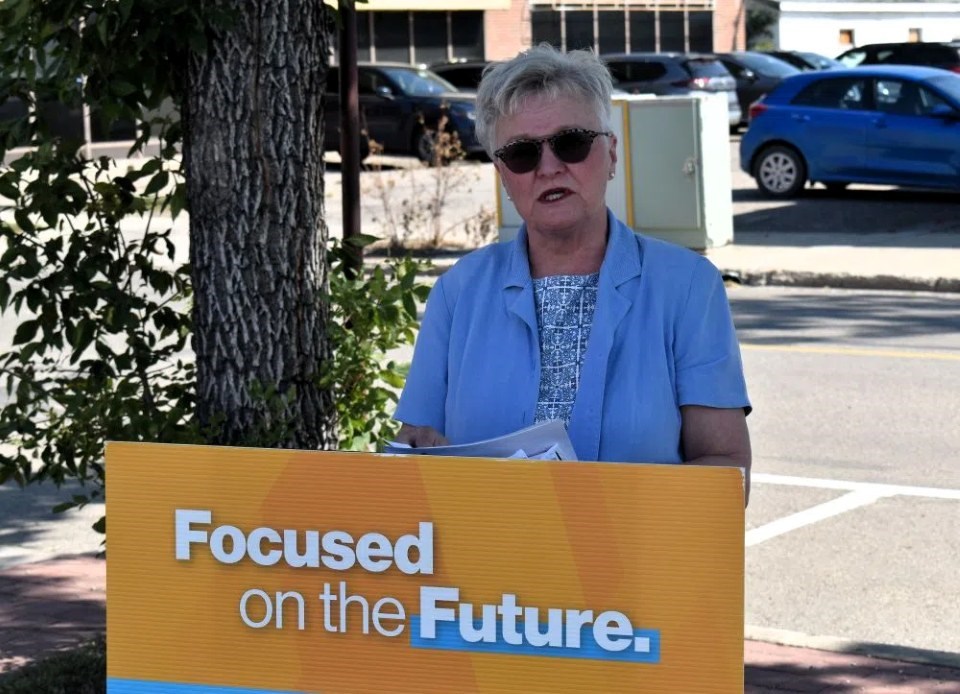YORKTON — The province is falling behind much of the country in creating new child care spaces as part of the national $10-a-day program, according to a new report from the Canadian Centre for Policy Alternatives (CCPA).
The report tracked child care growth under the federal government’s Canada-wide Early Learning and Child Care program, which aims to reduce costs to $10 a day by April 2026. While fees are falling, researchers say the bigger challenge is ensuring enough licensed spaces are available, particularly in Saskatchewan.
The federal target calls for 5.9 licensed spaces for every 10 children under the age of six. Only Quebec and P.E.I. have met that goal.
Saskatchewan continues to lead the country in what researchers call “child care deserts” — areas with fewer than three licensed spaces per 10 children. In 2022, 70 per cent of Saskatchewan’s young children lived in such deserts. By early 2025, that number had dropped to 51 per cent, but it remains the highest rate in Canada.
The Saskatchewan NDP says the report is proof families are being failed.
“This is another damning report about the child care situation in Saskatchewan,” said Joan Pratchler, the NDP’s shadow minister for early learning and child care. “Saskatchewan ranks dead last amongst Canadian provinces for available child care spaces, and the Sask. Party continues to drag its feet.”
Pratchler noted the report shows more than half of children under six still live in child care deserts, with rural and northern communities facing the greatest shortages.
“Only eight per cent of Saskatchewan children live in areas that meet the federal target,” she said. “That means 92 per cent of kids don’t come close to having enough spaces. It’s unacceptable.”
She added parents are increasingly frustrated as they struggle to find care.
“Moms and dads can’t go to work if they can’t find child care, whether it’s at the hospital, in the fields or in retail,” said Pratchler. “Families deserve $10-a-day spaces. Without them, we can’t have a strong economy or a bright future for our kids.”
CUPE Saskatchewan also weighed in, saying the province is dragging its feet.
“The report exposes that Saskatchewan is dead last on child care, with the highest number of children living in child care deserts in the country,” said Kent Peterson, president of CUPE Saskatchewan. “Scott Moe is failing to ensure families have access to child care.”
Peterson pointed out that as of spring 2025, only 5,648 new full-time spaces had become operational out of the 28,000 promised by March 2026.
“Announcing spaces doesn’t mean families can actually access them,” Peterson said. “So far, Scott Moe and the Sask. Party have only made 20 per cent of their promised spaces operational since 2021. They need to stop dragging their feet, start delivering on their commitment, and sign a renewed child care deal right now.”
Both the NDP and CUPE are urging the provincial government to sign the five-year extension of the federal agreement, warning that without it, some centres could close and new ones may not open.
All provinces and territories except Saskatchewan and Alberta have agreed to extend their child care deals with Ottawa for another five years.
The criticism comes as the provincial government announced $10.8 million toward new centres at Saskatchewan Polytechnic campuses and Northlands College, creating 540 new spaces.
Since the Canada-wide agreement was signed in 2021, the government says more than 23,000 spaces have been announced as either operational or in development — about 84 per cent of the way to its goal of 28,000 new spaces by 2026.
Meanwhile, the CCPA report calls for stronger public planning, suggesting municipalities, school boards or Indigenous governments could be tasked with overseeing where new child care spaces are created.
SaskToday has reached out for a response from the government, but haven't heard back as of publication time.




